Teenage reading ages 'slip behind by up to three years'
- Published
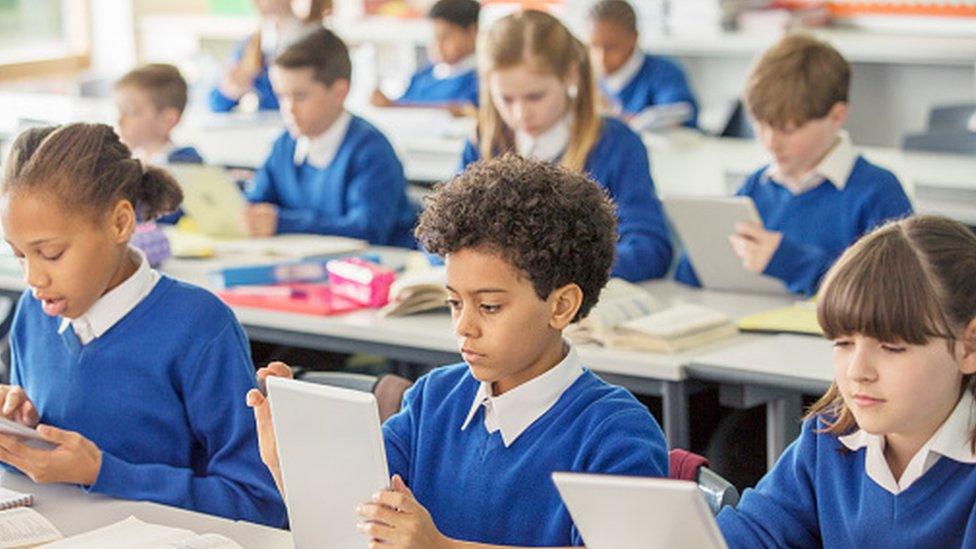
Reading ages of teenagers slip behind their actual ages by up to three years because they do not challenge themselves with books, a study found.
University of Dundee academic Prof Keith Topping surveyed 16,200 Welsh students in a UK-wide study of 848,000.
He found primary school children push themselves with complex books and at 11 their age matches their reading age but by 16 it can slip to 13.
The Welsh Government said basic literacy standards are improving.
Prof Topping conducted the research for assessment provider Renaissance UK, visiting schools in 2015 and 2016.
He said "even the brightest students need to be stretched", adding: "The brain is a muscle that literacy skills help train.
'Clear vision'
"As it gets more toned, like all muscles, it needs more exercise. Currently, primary schools are exercising it more vigorously by reading more challenging books."
He called for this to be replicated for older pupils with more discussions with secondary school children about the books they should be reading.
A Welsh Government spokesman said inspector Estyn reported in 2015 standards are rising and it will work to "maintain that momentum".
He added that an updated national programme was published last March.
"The plan gives a clear vision of our strategy for literacy and numeracy going forward and ensures there is significant ongoing support for literacy and numeracy across the curriculum," he said.
- Published6 February 2017

- Published7 February 2017
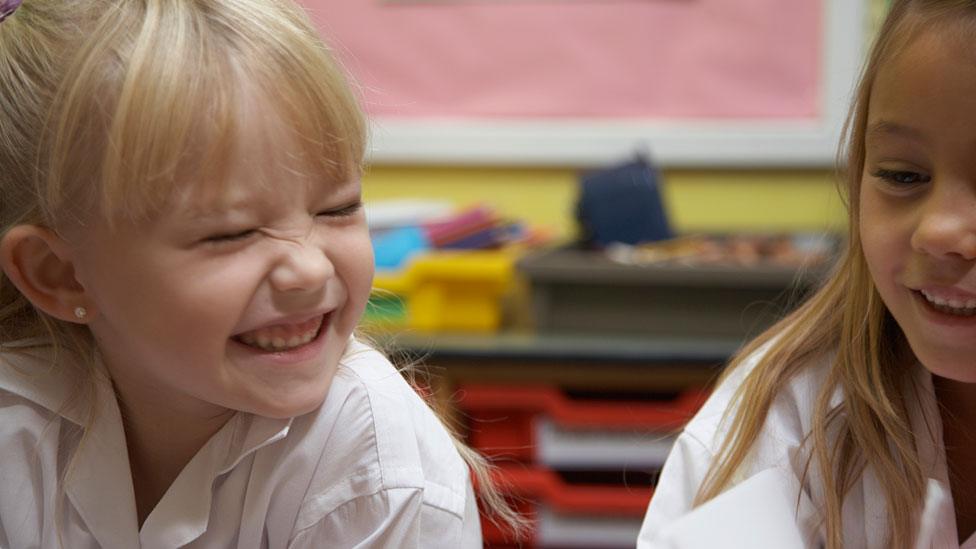
- Published5 December 2016
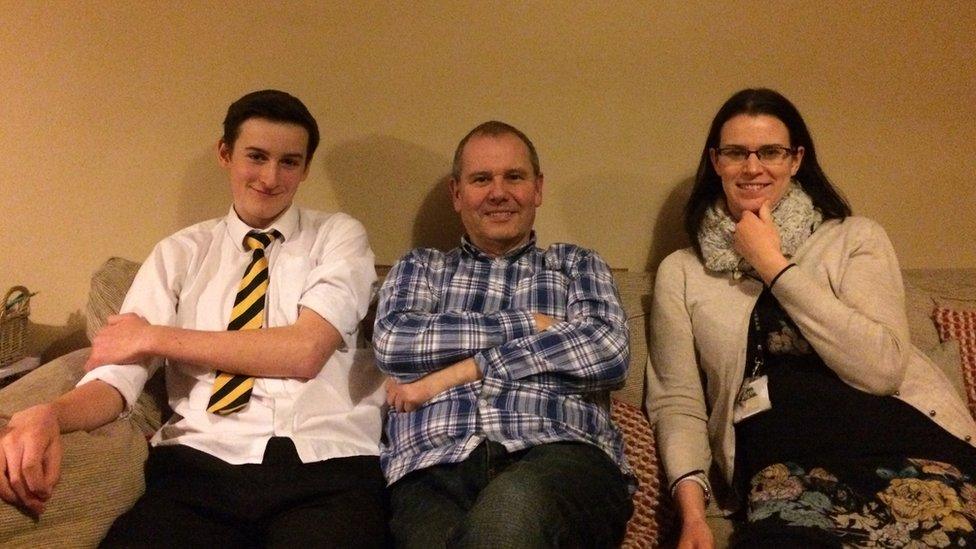
- Published24 January 2017
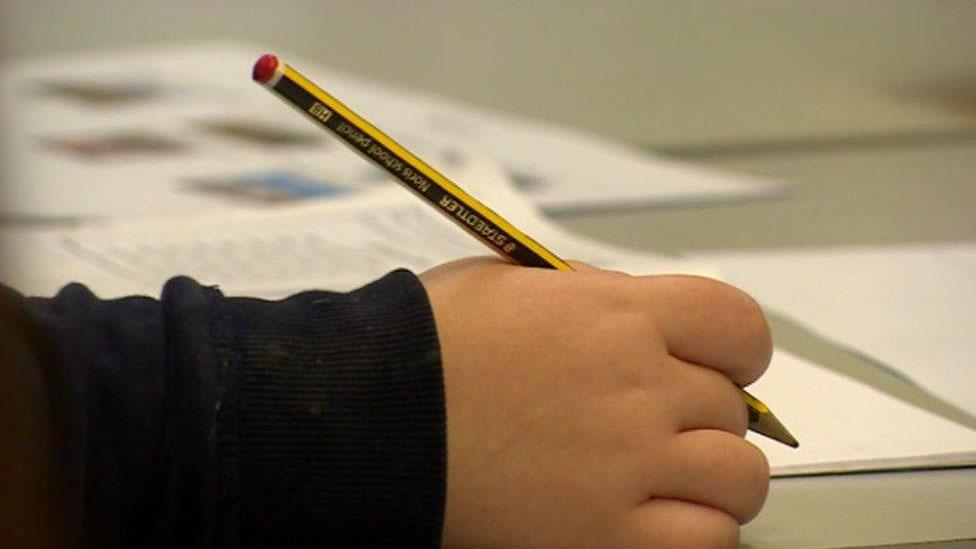
- Published26 August 2016
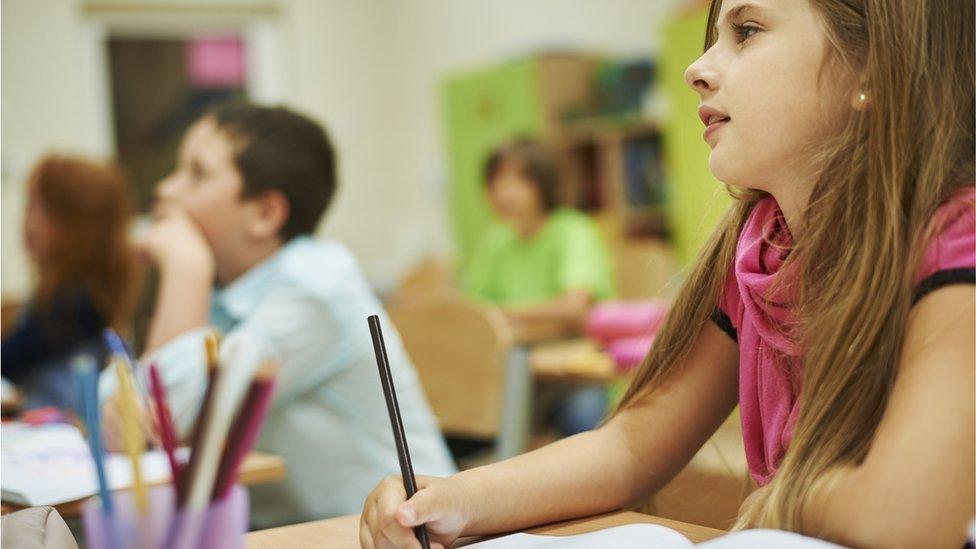
- Published22 February 2016
